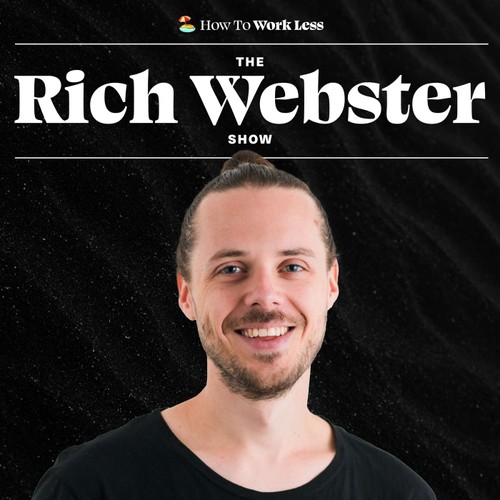
 The Rich Webster Show
The Rich Webster Show I Learned The Hard Way: Don’t Build Your House On Borrowed Land
4 snips
Sep 24, 2023 This podcast explores the risks of building a business on someone else's platform, with cautionary tales of businesses affected by platform risk. It discusses the impact of reaching milestones on social media platforms, the consequences of Apple's privacy policy update, and the importance of diversifying and understanding risks in business.
Chapters
Transcript
Episode notes
1 2 3 4 5 6
Introduction
00:00 • 2min
Building on Borrowed Land: Risks and Consequences
02:01 • 18min
The Impact of Reaching Milestones and the Risks of Building on Social Media Platforms
20:01 • 3min
The Impact of Apple's Privacy Policy Update and Mitigating Platform Risk
22:39 • 4min
Mitigating Risk and Diversification in Business
26:14 • 7min
The Importance of Diversifying and Understanding Risks
32:52 • 2min
